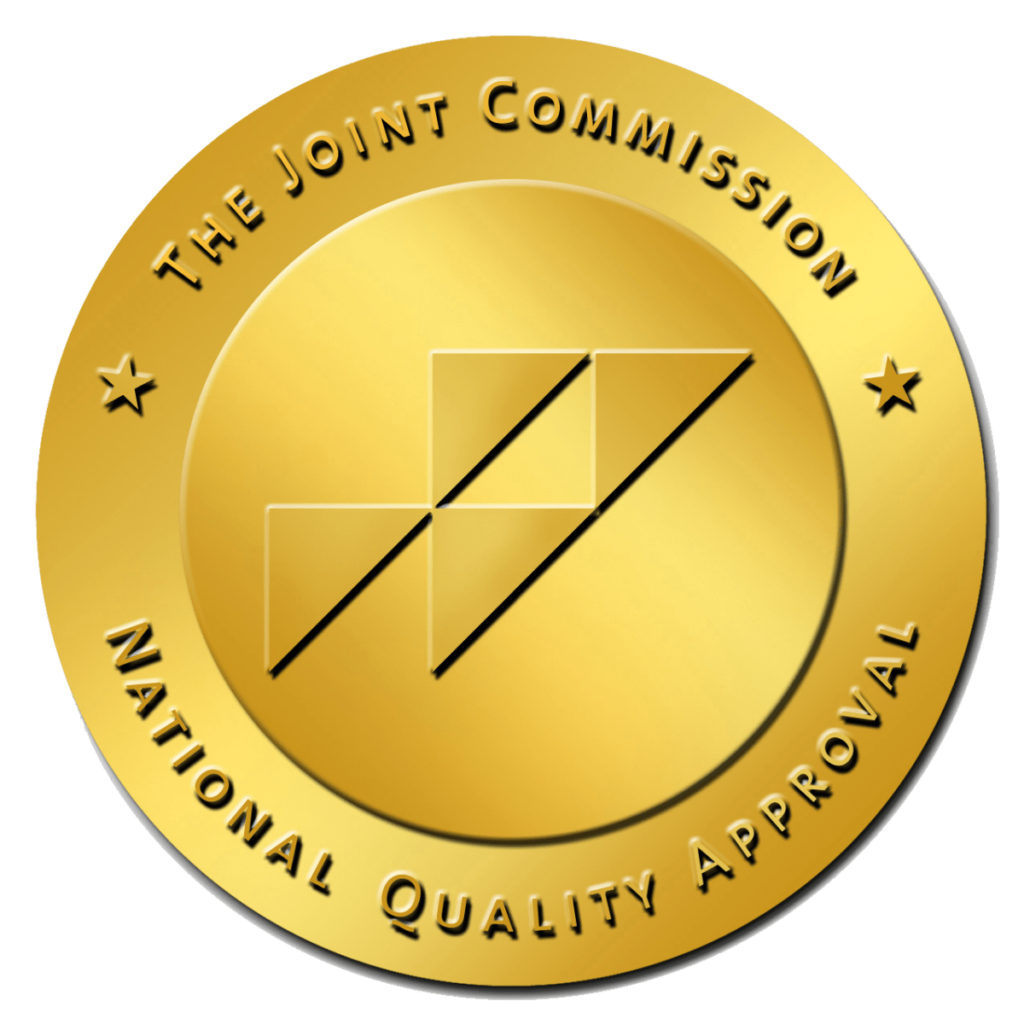Choose Facility
How Does Someone Start Developing an Eating Disorder?
Eating disorders are serious mental health conditions that can have a devastating impact on a person’s life. People with eating disorders are not trying to garner attention; they are not choosing to battle a life-altering mental health condition. Eating disorders are serious, life-threatening illnesses.
How Eating Disorders Begin
People who suffer from eating disorders often have an unhealthy relationship with food. They may always think about food, obsess over their weight or body shape, and use food to cope with stress or emotions. This can lead to them becoming extremely thin, binge eating, or vomiting after eating. All of these behaviors are dangerous and can have serious health consequences.
There is no one cause of eating disorders, but rather a variety of factors that may contribute. These include genetics, personality traits, environmental factors, and neurotransmitters in the brain becoming unbalanced.
One neurotransmitter, serotonin, plays a role in anxiety and depression—both common in anorexia and bulimia. Brain scans have shown that those with these disorders have less serotonin than those without. Stress, anxiety, and substance abuse can also lead to eating disorders.
Here are three common eating disorders:
- Anorexia
People with anorexia nervosa severely restrict their food intake, which results in significant weight loss. They may not realize how underweight they are and may see themselves as fat, even though they have dangerously low body weight. Anorexia nervosa has the highest mortality rate of any mental health condition, and it claims the lives of an estimated ten to 20 percent of individuals due to complications. This disorder is closely linked to depression.
- Bulimia
Bulimia nervosa is a serious, life-threatening eating disorder. It is characterized by cycles of binge eating followed by purging. Purging can include vomiting, using laxatives or diuretics, excessive exercise, or fasting. Bulimia can be very harmful to your physical and emotional health. It is important to get help if you think you might have bulimia.
- Binge Eating Disorder (BED)
People who suffer from binge eating disorder tend to eat large amounts of food quickly, often to the point of discomfort. This can happen several times a week and can cause people to feel ashamed and embarrassed. Binge eating disorder can also lead to health problems such as obesity, heart disease, and type II diabetes.
Seeking Treatment for Eating Disorders
There are many eating disorders, and each person’s experience is unique. Finding a therapist who understands and has specific experience in treating eating disorders is important. The therapist should also help you develop a personalized treatment plan for your needs. Treatment for eating disorders may include individual therapy, family therapy, group therapy, nutritional counseling, and medication.
It’s important to remember that eating disorders are serious mental health conditions, and just like any other condition, they should be treated by a professional.
Conclusion
There is no one answer to how someone starts developing an eating disorder. It can be a complex mix of genetic, environmental, and psychological factors. People struggling with an eating disorder often have a history of trauma, perfectionism, and low self-esteem. There is no one right way to recover from an eating disorder, but with patience, self-compassion, and professional help, healing is possible.
Sierra Meadows Behavioral Health is Fresno’s premier provider of adult mental health counseling and therapy programs. Our programs are run by experienced therapists that treat anxiety, depression, and other mental health conditions through individual, group, and family counseling. We are a caring and empowering environment to help overcome mental health conditions, with a focus on holistic well-being. If you’re looking for eating disorder PHP in Fresno, CA, we can help! Get in touch with us today!
Certified by the State Department of Health Care Services. Certification Number: 100011AP. Expiration Date: 12/31/2025. Certification Number: 100011BP. Expiration Date: 06/30/2024.
https://data.chhs.ca.gov/dataset/sud-recovery-treatment-facilities
All Rights Reserved © 2024 by Sierra Meadows Behavioral Health | Sitemap | Privacy Policy |HIPAA Statement | Billing Policy

